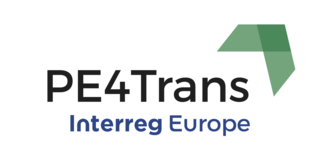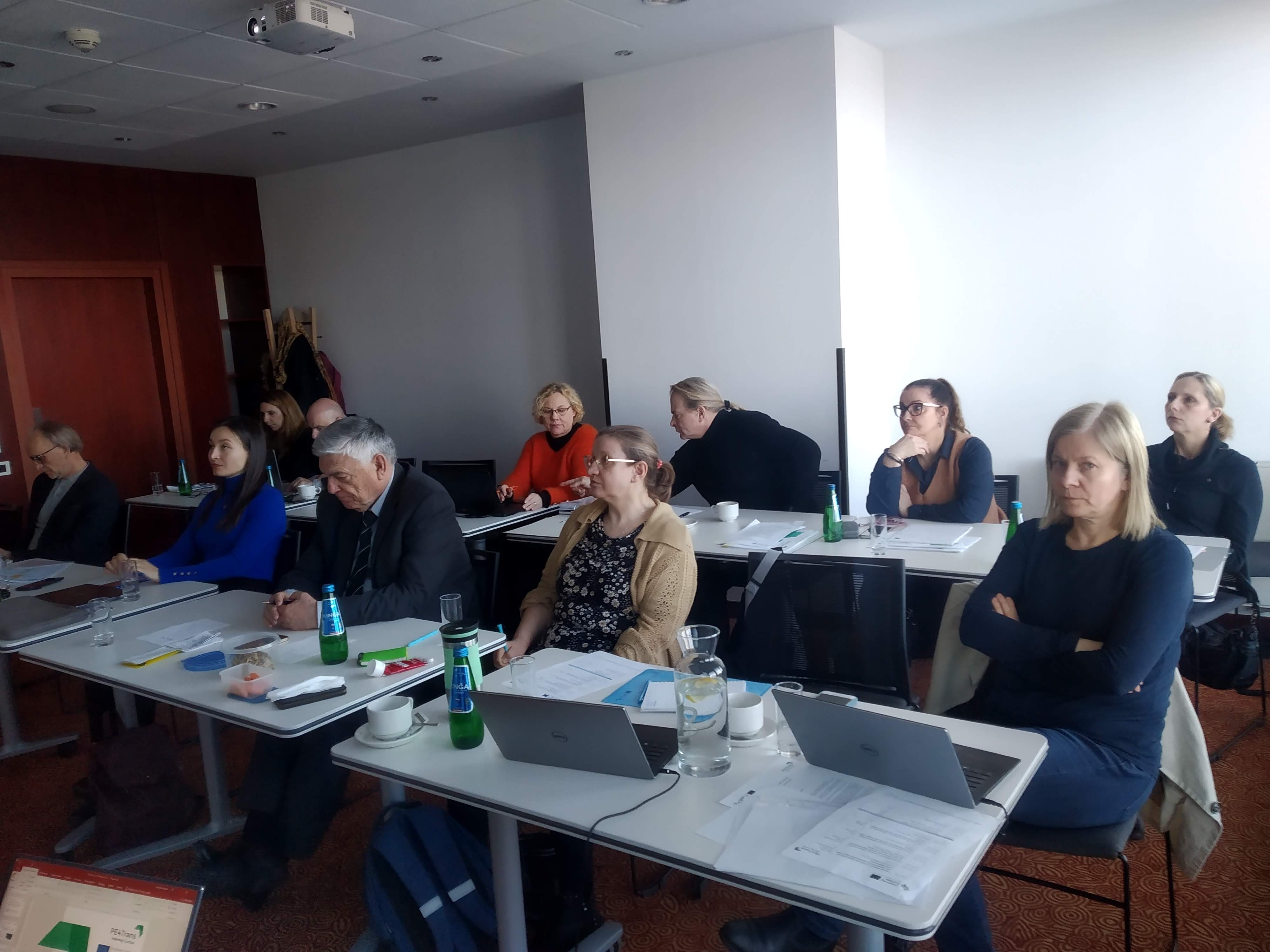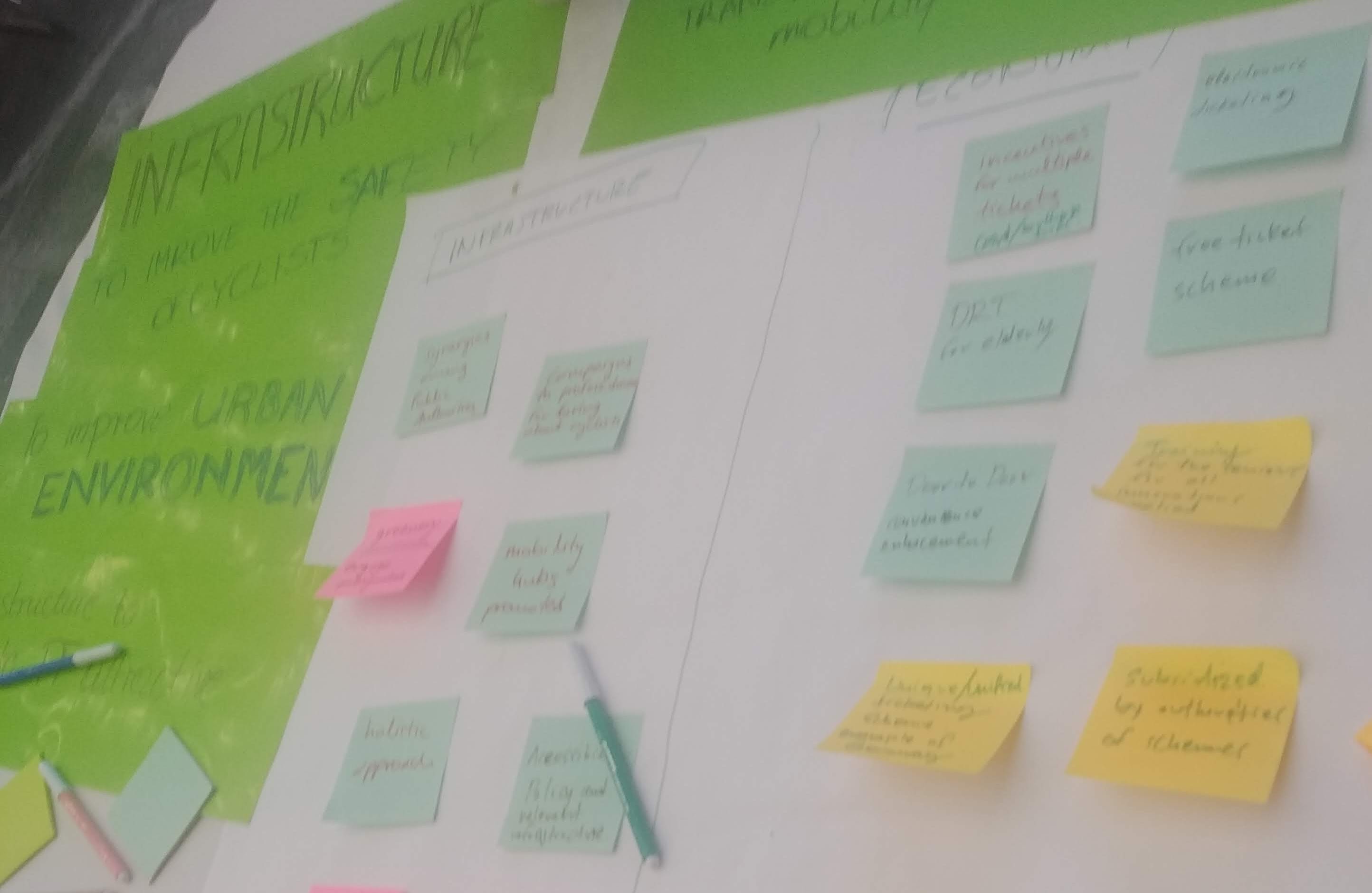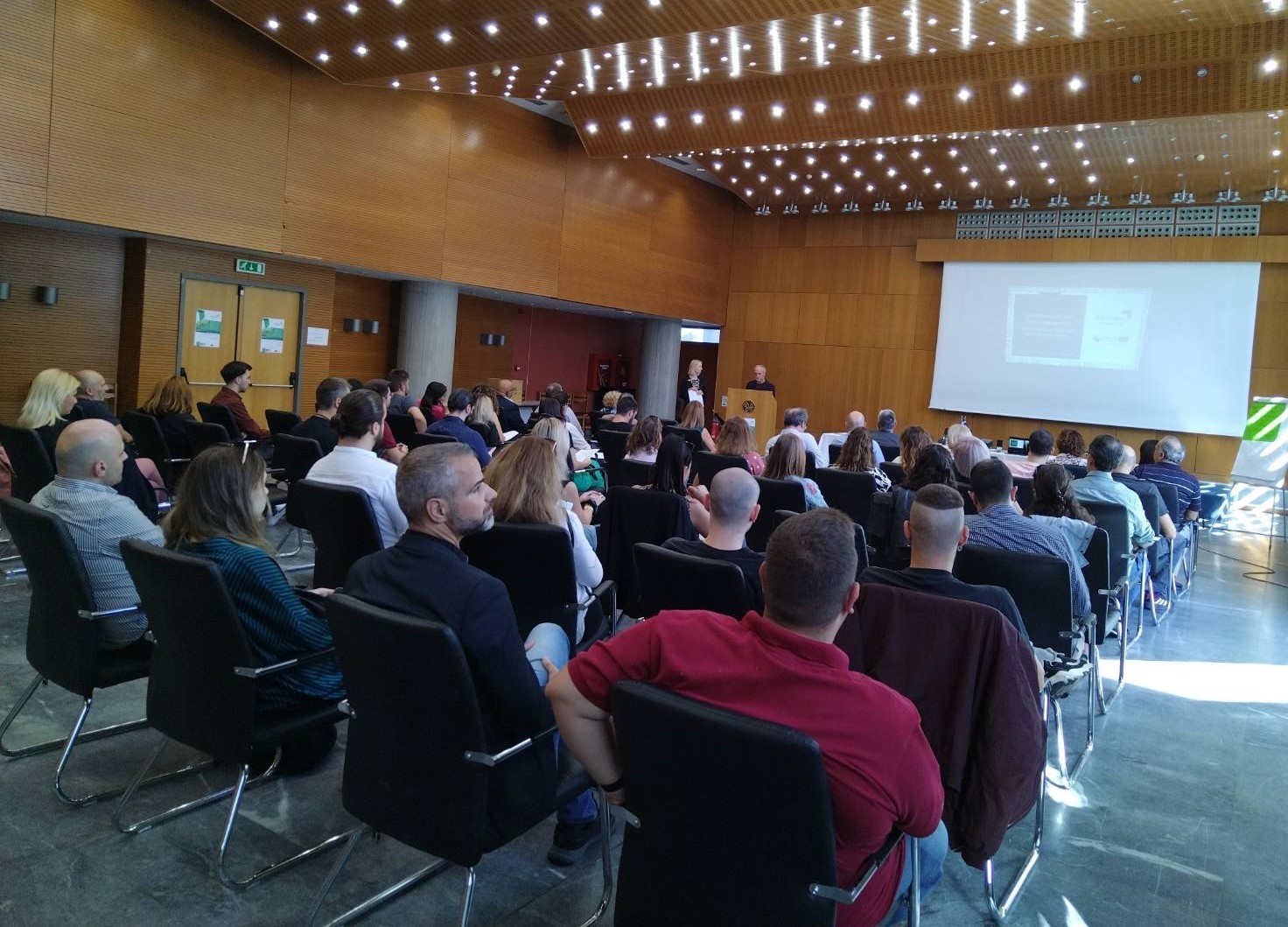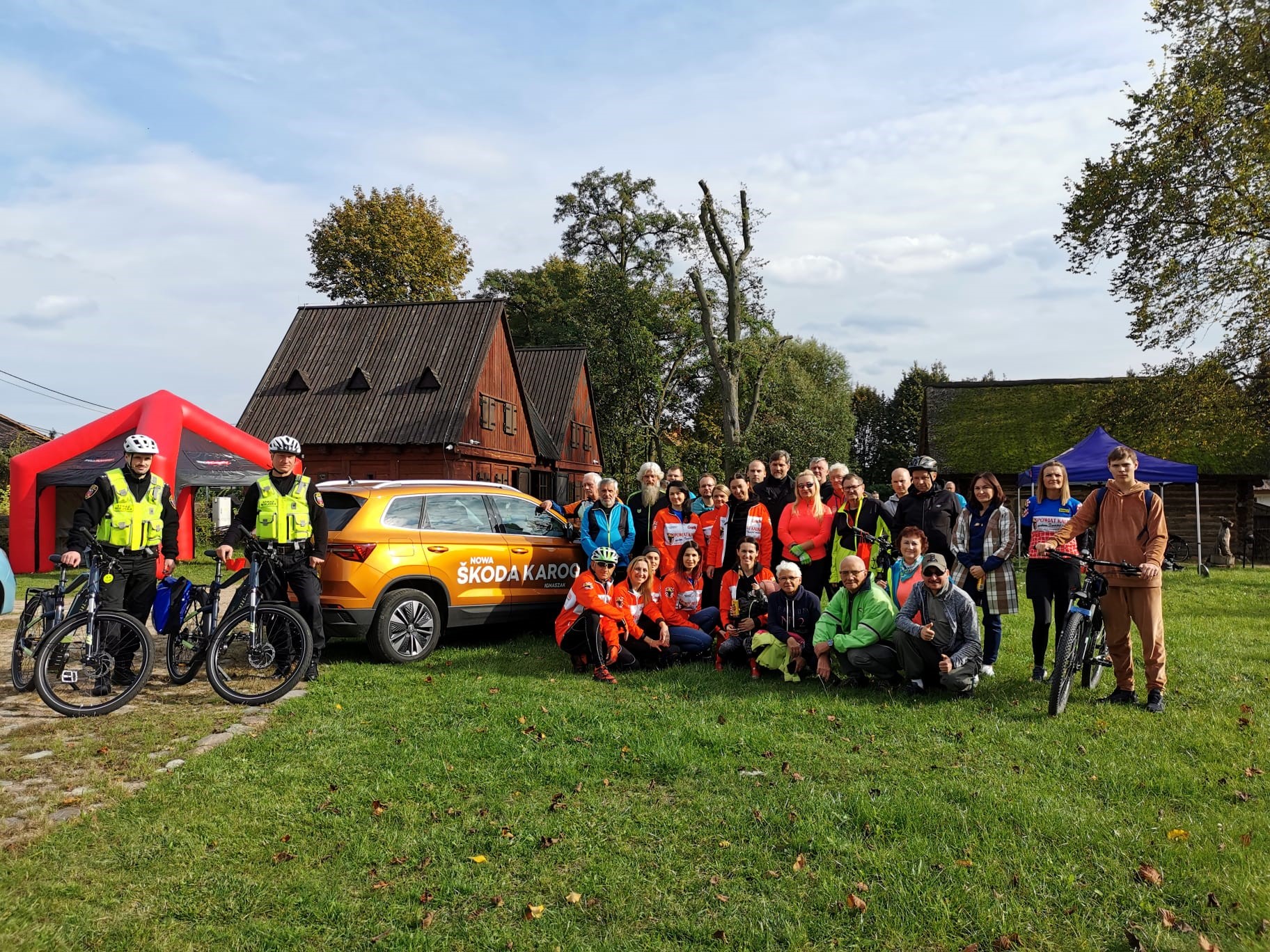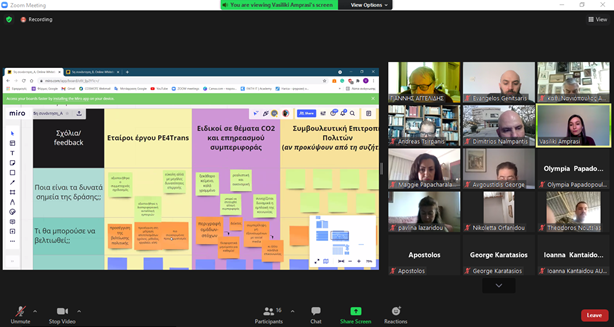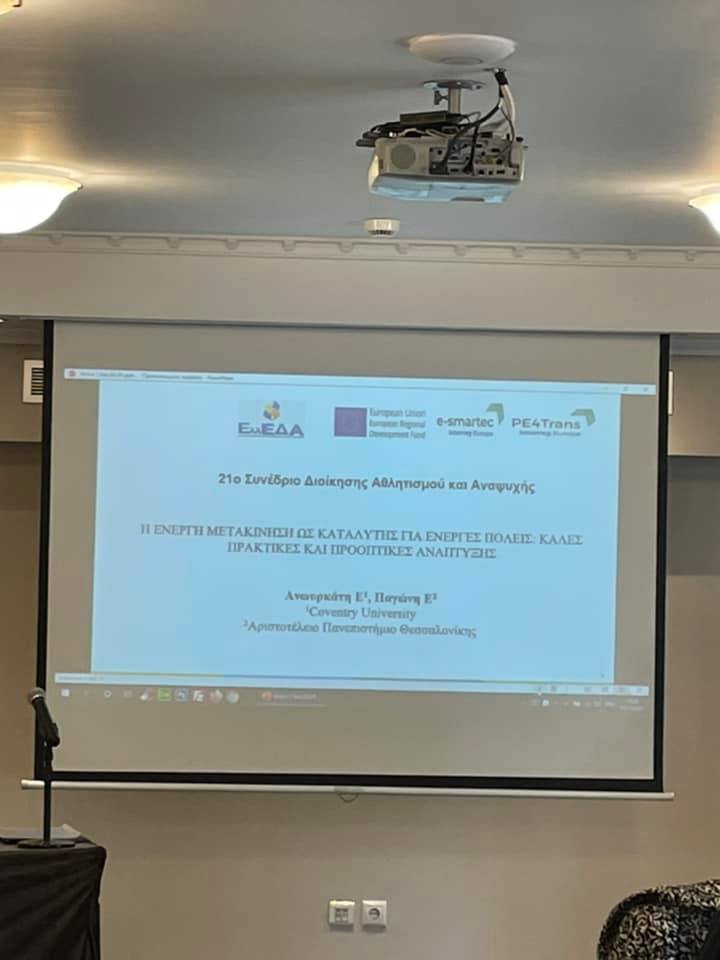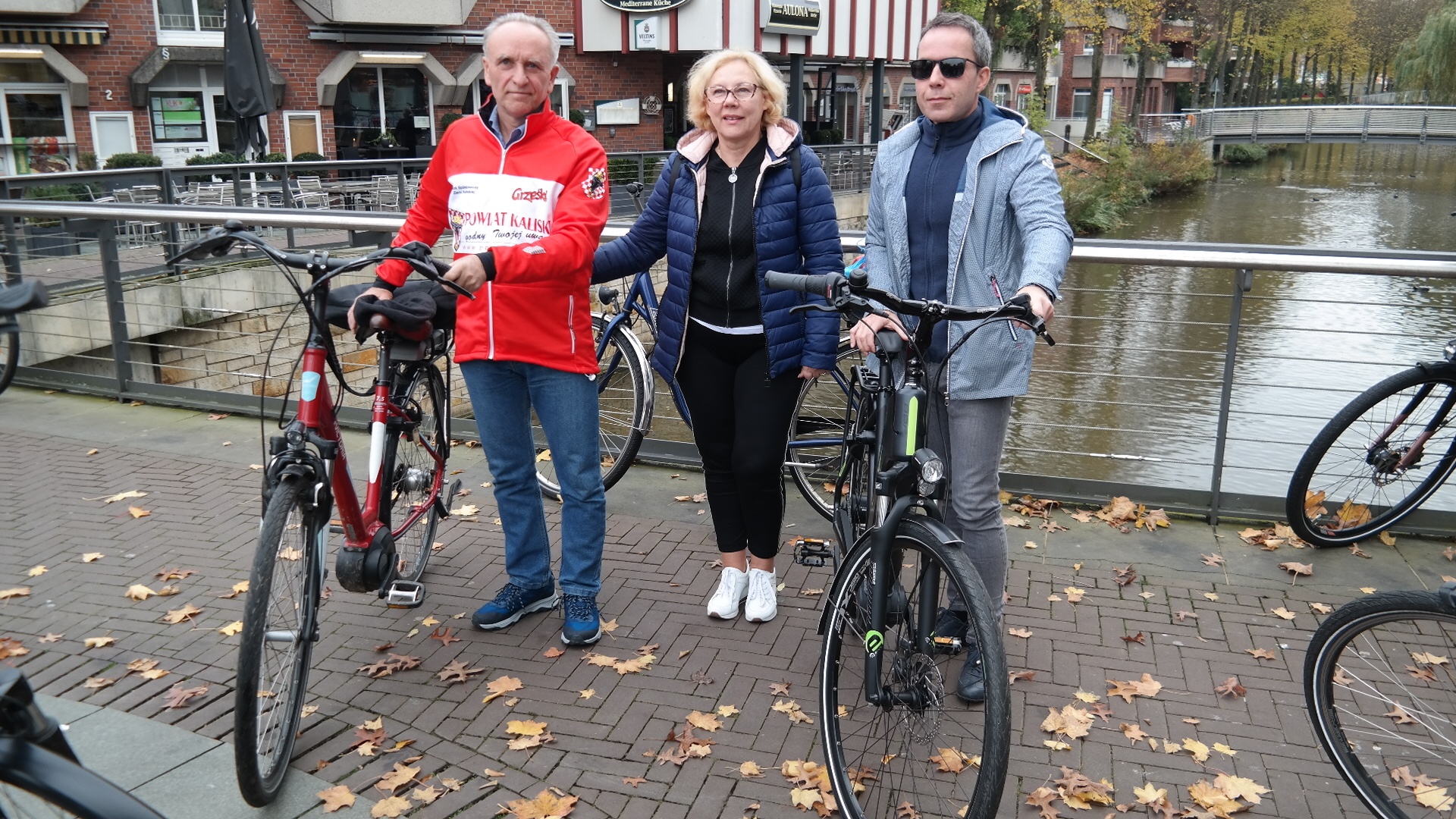Partners of PE4trans project are focused on improving mobility and transport policies in their territories with the view to change peoples’ mobility habits and routines into more sustainable, incorporating findings of behavioural sciences.
Citizens from PE4Trans partner territories have been involved to share their visions of sustainable transport in the future and carry out the participatory survey on mobility habits and behaviours. Last interregional project meeting held in Thessaloniki 19-20 September 2019 focused on matching results of the survey with policy context to identify which target groups and behavioural practices should addressed by the project action plans.
Project partners together with stakeholders and supporting experts on carbon footprint and behavioural sciences worked out “FACTSHEETS” for each PE4Trans territory. The factsheets are highlighting specific issues of each partner territory:
- attributes relevant for mobility choices (e.g. safety, security, reliability etc. for commuting, shopping and leisure, which make people choose private car instead of bus or bike, including British people obsession of punctuality:-) );
- infrastructure related issues (e.g. scarce bus connections reduced during the economic transformation, ecological fleet of public buses not used as much as expected, a need to synchronize more efficiently buses and trains);
- cultural, social and other dimensions (e.g. many people changed their habits and are walking right now instead of using cars. The reason for that is taking care of health);
- main insights regarding behavioural profiles (“convinced car users”, “car dependents” and “practical public transport young users” were indicated as target groups most promising to bring an effect of CO2 reduction in partner territories);
- estimated CO2 reduction.
The factsheets will be basis for discussions with territorial stakeholder groups, including citizens, who will make a final choice of the target groups they would like to focus activities with a view to change people’s behaviours and habits obtaining most significant CO2 reduction.

